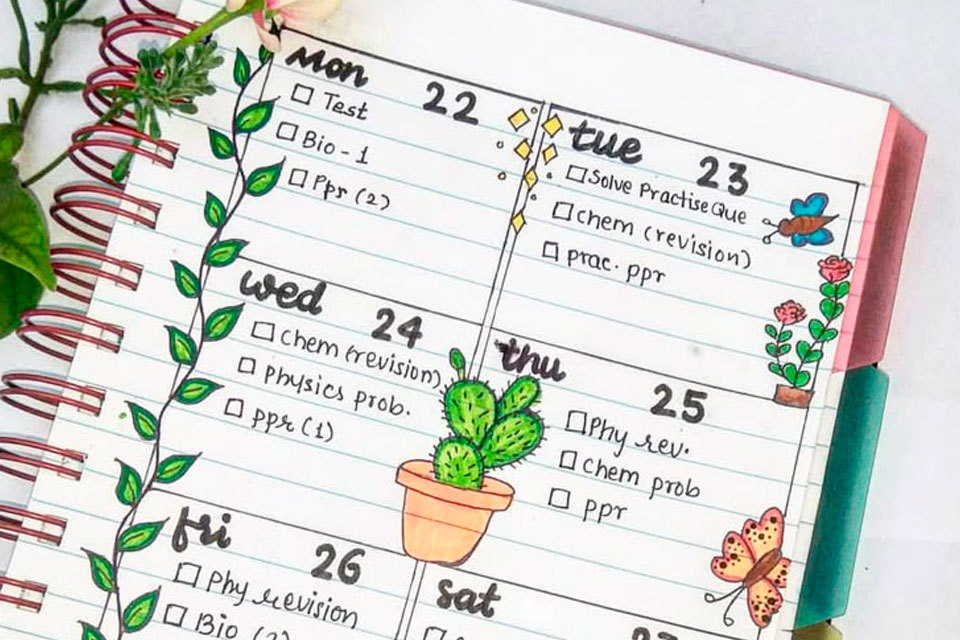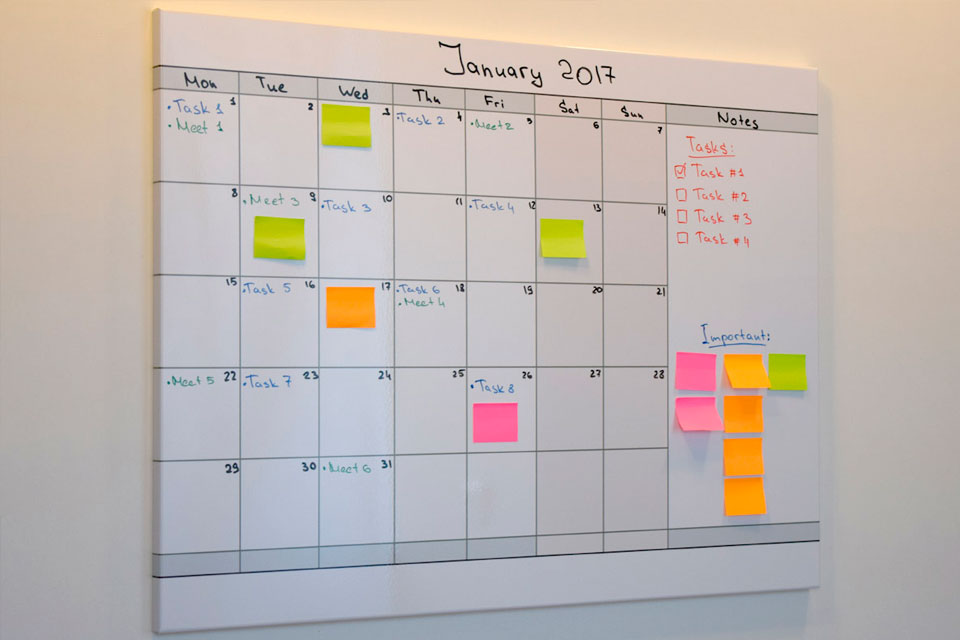Introduction
We’ve all been there: sitting at the desk with books and notes open, yet somehow scrolling social media or watching “just one more video.” Procrastination is one of the biggest obstacles students face when trying to study. It’s not simply laziness — research shows procrastination is linked to stress, lack of structure, and our brain’s natural desire for instant rewards.
The good news is that procrastination can be overcome with the right strategies. Let’s explore proven methods to beat procrastination and finally focus on studying effectively.

1. Understand Why You Procrastinate
The first step is awareness. Procrastination often happens because:
- The task feels overwhelming.
- You fear failure.
- You lack clarity on where to start.
Recognizing the root cause helps you find the right solution.

2. Break Tasks into Smaller Steps
Big projects look scary. Instead of writing “study biology chapter,” write “review section 1 diagrams” or “summarize 2 pages.” Each small step feels doable, and crossing them off creates motivation.

3. Use the Pomodoro Technique
The Pomodoro Technique — 25 minutes of work, 5 minutes of rest — helps you focus without burning out. Knowing you only need to study for a short burst makes starting much easier.

4. Remove Distractions
Silence notifications, keep your phone in another room, and block distracting websites if needed. A clean study space helps your brain associate the environment with focus.

5. Reward Yourself for Progress
Motivation increases when you give yourself small rewards: a snack, a short walk, or listening to music after completing a session. Rewards trigger dopamine, reinforcing productive behavior.

6. Set Clear Deadlines
Without deadlines, tasks expand endlessly. Set personal deadlines earlier than official ones. Use planners, apps, or even sticky notes to visualize them.

7. Study with Accountability
Find a study partner or join a study group. When someone expects you to show progress, you’re less likely to procrastinate. Even reporting your daily goals to a friend can make a difference.

8. Change Your Environment
Sometimes procrastination happens because the current space feels “too comfortable.” Try studying in the library, a café, or a different room. New environments refresh your focus.

9. Focus on Progress, Not Perfection
Many students procrastinate because they fear their work won’t be “good enough.” Remember: done is better than perfect. Once you start, you can always improve later.

10. Build Consistent Habits
Procrastination becomes weaker when studying turns into habit. Try to study at the same time every day. With consistency, your brain adapts, and resistance decreases.

Conclusion
Procrastination is a challenge, but it doesn’t have to control your studies. By breaking tasks into smaller steps, using focus techniques like Pomodoro, and rewarding yourself for progress, you can shift from avoidance to action.

Remember: beating procrastination is not about sudden bursts of willpower — it’s about building small, sustainable habits that make studying part of your daily routine.
